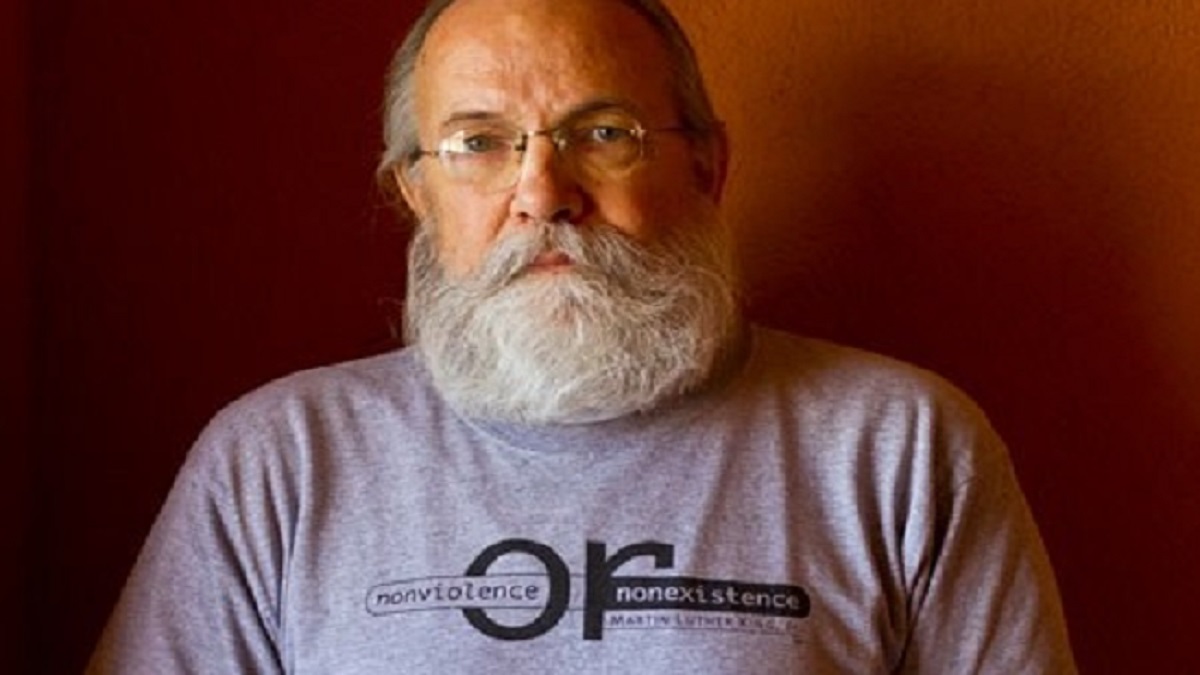
by John Fullinwider
As Dallas Police Chief Eddie Garcia completes his first month on the job, it is not how he resolves the day-to-day problems of DPD that will determine if he succeeds. Whether he realizes it yet or not, Chief Garcia confronts a deep crisis of policing in three interwoven challenges: 1) the challenge of legitimacy in the face of a history of unaccountable police brutality; 2) the challenge of leadership in the face of a police association that has consistently undercut reform-minded chiefs; and 3) the challenge of a divided public in the face of increasing violent crime. It is how he navigates this crisis, years in the making, that will decide if he will successfully change the department or if the weight of the status quo will sink his administration.
From the killing of Michael Moorehead in 1970 through the killing of Botham Jean in 2018, Dallas has suffered a half century of unaccountable deadly police brutality. From 1970 to the present day, exactly two officers have been convicted in literally hundreds of fatal police shootings.
In April 1970, two officers killed Moorehead, an unarmed Black teenager, shooting him 13 times. There were protests, vigils, civic panels on race relations – but no charges, indictments, trials, or convictions of the officers. One of the officers transferred to another beat in Little Mexico where, three years later, he killed 12-year-old Santos Rodriguez.
A reader may be forgiven for thinking “this is all ancient history.” But consider the fatal shooting of another unarmed Black youth in 2007, Brandon Washington. Washington allegedly stole a candy bar from a Pleasant Grove 7-Eleven. As he walked along Lake June Road, Brandon was confronted by an officer and shot to death as he allegedly reached for a weapon. After the officer involved was cleared, he went on to work in a special narcotics unit. On the night that Amber Guyger killed Botham Jean, she phoned the man who was her friend, partner, and mentor at DPD. It was Martin Rivera – the very officer who shot Brandon Washington to death. This long record of brutality, and the police culture that nourishes it, is history reaching into the present. Lack of accountability breeds more brutality.
The Dallas Police Association has resisted almost every reform or attempt at oversight for decades. “We would like his resignation immediately,” then DPA President Monica Smith told USA Today in 1990, speaking of Chief Mack Vines, who had a track record of promoting affirmative action and tightening rules governing use of deadly force.
Glenn Smith, DPA President in 2002, unconditionally defended officers charged in Dallas’s “fake drug scandal” in which informants were paid top dollar to produce tons of “cocaine” that turned out to be sheet rock; they did this in part by setting up Mexican immigrants. It was, in the words of former U.S. Attorney Paul Coggins, “the worst law enforcement scandal I’ve heard of in the Northern District of Texas.” According to Smith, the officers were blameless, telling the Associated Press, “They went out and did their job, and they happened to have an informant that is unreliable.”
In March 2016, the city suffered a spike in homicides, reportedly fueled by drug-related murders and increased family violence. Chief David Brown moved officers from desk jobs to patrol to reduce response times. Far from working with Brown, DPA President Ron Pinkston flatly blamed the chief, “Violent crime is up and murder is up and it’s all because of bad police management.”
The DPA endorsement is probably the most sought after in city council elections. Yet no police chief in Dallas can succeed if he cannot overcome the Association’s impact on policing.
Finally, Chief Garcia faces a divided public. A substantial part of Dallas is fed up with over-policing, racial profiling, and police brutality. They want city government to focus on the social origins of violent crime, with increased funding for the unmet human needs of struggling communities. They want strict oversight of the police, greater transparency, and tighter controls on deadly force. For another part of Dallas, prosperous neighborhoods with little direct experience of police misconduct, the top priorities are faster police response time, quick trial and punishment of criminals, and uncritical support for “our first responders.” These two major approaches to public safety were readily visible in the public meetings about strengthening the police review board in 2019 and in last year’s budget deliberations.
In 2020 with another homicide spike and large-scale protests against police brutality, these challenges were on full display and were, in fact, crucial to the fall of reform-minded Chief Renee Hall. How effectively Chief Garcia meets these deep-rooted challenges will shape his term more than any other factor.
John Fullinwider is co-founder of Mothers Against Police Brutality and a longtime community organizer and educator in Dallas.


You must be logged in to post a comment Login